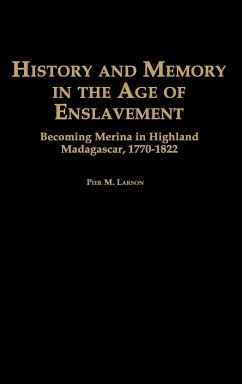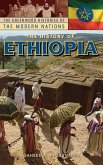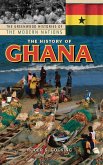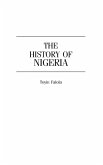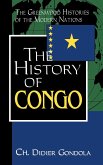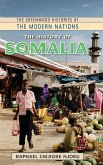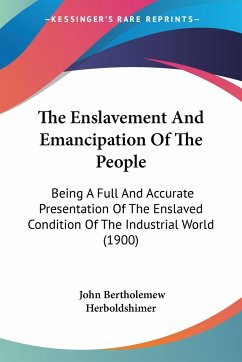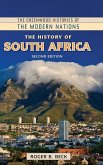Larson's book raises a series of challenging questions about the historical production of ethnic identity, and the complex epistemological relationships between historical memory, identity, and history. It is smart, well written, and intellectually challenging. In the historiographical level, Larson succeeds in integrating Malagasy history into the mainstream history of the continent. ?Richard Roberts, Department of History, Stanford UniversityIn this story of the impact of slave trade on an insular African society, Larson explores how the people of highland Madagascar reshaped their social identity and their cultural practices. As Larson argues, the modern Merina ethnic identity and some of its key cultural traditions were fashioned and refashioned through localized experiences of enslavement and mercantile capitalism and by a tension-filled political dialogue among common highland Malagasy and their rulers. Larson's analysis expands traditional definitions of the African diaspora to include forcible exile of African slaves within the African continent as well as areas external to it. By locating Merina history within wider narratives of merchant capitalism, African history, African diaspora, and Indian Ocean history, Larson has produced a book that both recognizes the diversity of historical experience and highlights the structural connections of intercontinentally joined systems of forced labor.
Bitte wählen Sie Ihr Anliegen aus.
Rechnungen
Retourenschein anfordern
Bestellstatus
Storno

